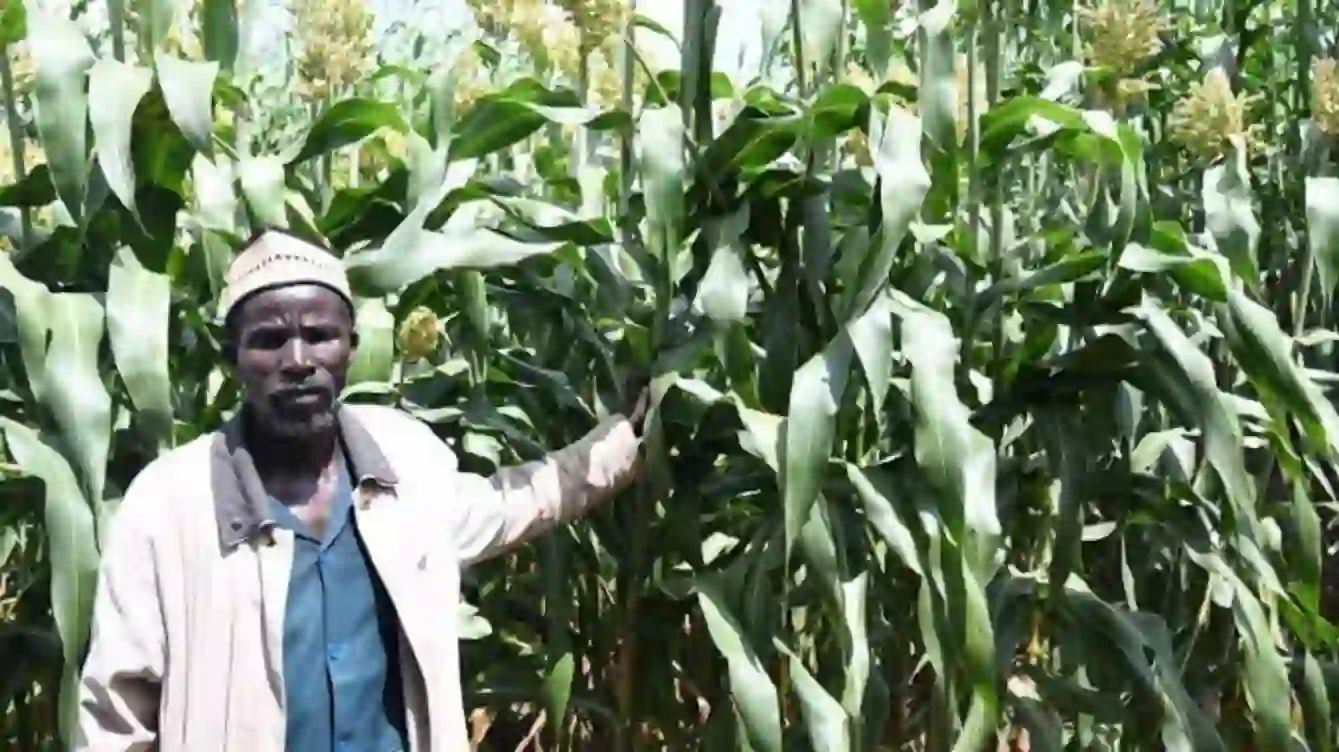The NNPC Foundation has completed the Northern phase of its Vulnerable Farmers Training Programme, empowering over 2,000 smallholder farmers from the Gombe cluster, which includes Gombe, Adamawa, and Taraba states. The initiative is part of a nationwide agricultural empowerment project aimed at boosting food production, promoting climate-smart agriculture, and improving rural livelihoods.
Speaking at the closing ceremony in Kaltungo, Gombe State, the Managing Director of NNPC Foundation Ltd/Gte, Mrs. Emmanuella Arukwe, represented by Dr. Bala T. David, said the intervention reflects the Foundation’s commitment to national food security and grassroots development. “This is more than just a training exercise, it is a movement to empower communities, restore confidence in agriculture, and equip farmers with modern tools for resilience and profitability,” she stated.
According to Arukwe, the 2,000 beneficiaries received practical training in climate-smart agriculture, agribusiness management, post-harvest handling, and market access strategies. The programme also included mentorship to help participants apply the new knowledge directly to their farms and agribusiness ventures, ensuring long-term impact.
She explained that the training was specifically designed to tackle major challenges faced by smallholder farmers, such as post-harvest losses, poor soil management, and limited access to markets. By addressing these issues, the Foundation aims to enhance sustainability and support increased food output in the Northeast region, aligning with national efforts to reduce food inflation and strengthen local production.
“The Gombe cluster is one of the 17 clusters nationwide where the Foundation trained a total of 15,000 vulnerable farmers in two phases,” Arukwe added. The initiative is expected to contribute to economic stability, job creation, and rural development, while encouraging young people to reconsider agriculture as a viable source of income and self-reliance through agribusiness opportunities.

